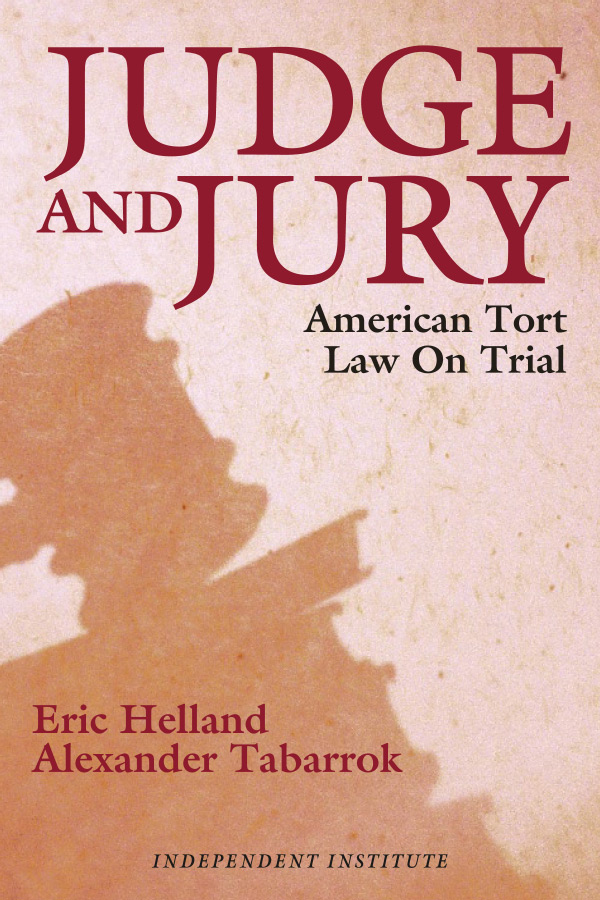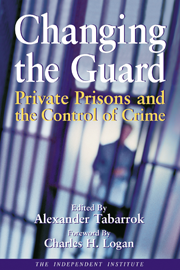According to Bill Clinton and his predecessor, the end of the Cold War would inaugurate an era of peace and tranquility—enforced by multinational coalitions more or less led by the United States. But the NATO bombing of Kosovo, ordered by President Clinton this week, shows precisely how disorderly—how opposed to the rule of law—this New World Order really is.
Clinton talks endlessly about his commitment to NATO and the international community, but glosses over his earlier, more fundamental commitment: his solemn pledge to uphold and defend the Constitution of the United States.
The Framers of the Constitution were determined not to grant the president an unfettered power to make war. Having just suffered at King George’s hands, they believed that vesting the executive with war-making power almost inevitably led to abuse. Thus they clearly wrote: Congress, not the President, shall have the power “To declare War, grant letters of Marque and Reprisal, and make rules concerning captures on Land and Water.” The President could act without the authority of Congress only to repel sudden attacks. In all other cases, Congress alone had the authority to declare a war.
Clearly, when it comes to war, supporters of presidential power turn a blind eye to the Constitution. Betting they can dodge the restrictions imposed by our national charter, they call the President’s exercise of force not war, but “police actions,” “surgical strikes,” or “limited engagements.” This is not constitutional scholarship but constitutional obfuscation. The Framers knew that minor military engagements could quickly escalate into major ones, so they sought to limit presidential power over “small” wars just as much as large ones. The “Letters of Marque and Reprisal” that they empowered Congress, but not the President, to grant referred to licensing government agents to take enemy ships or otherwise frustrate the enemy—the 18th century method of conducting a “limited engagement.”
If any ambiguities about war powers remained, Chief Justice John Marshall removed them in one of the earliest Supreme Court cases on this subject (Talbot v. Seeman, 1801). Congress alone, the court unanimously ruled, had the “whole powers of war,” whether that meant authorizing “general hostilities” or “partial war.” Much later, Justice Thurgood Marshall referred to this ruling and noted that “nothing in the 172 years since those words were written alters that fundamental constitutional postulate (Holtzman v. Schlesinger, 1973).”
To be sure, ignorance of the Constitution is not limited to Clinton. It was only a few weeks ago that Republicans were crowing about the supreme importance of the “rule of law” and the “sacred constitution.” At the time, many of them had no doubt about the exact meaning of “high crimes and misdemeanors,” a subject on which constitutional scholars are vexed. Yet when the Constitution and constitutional history speak plainly and with one voice about the power to declare war, few Republicans can be found willing to declare the President’s actions unconstitutional. Republicans, of course, were willing to ignore the rule of law when Reagan launched plainly unconstitutional military strikes against Grenada, Lebanon, Libya and other countries. Democrats also are all too willing to ignore the rule of law when it so suits them.
Only a handful of members of Congress like Senator Joe Biden (D-Del.) and Representative Tom Campbell (R-Calif.) hold fast to the Constitution, whatever the party of the President. Campbell has repeatedly tried to force the President and Congress to live up to their duties under the War Powers Resolution of 1973. Unfortunately, the War Powers Resolution, passed in 1973 in response to the quagmire of the Vietnam war, has been too weak to force Presidents to relinquish their illegally held war powers. Senator Biden, therefore, introduced legislation in July intended to strengthen the 1973 resolution. All those who truly hold sacred the rule of law and the Constitution should support the efforts of Campbell, Biden, and others to restore to Congress its rightful powers.












